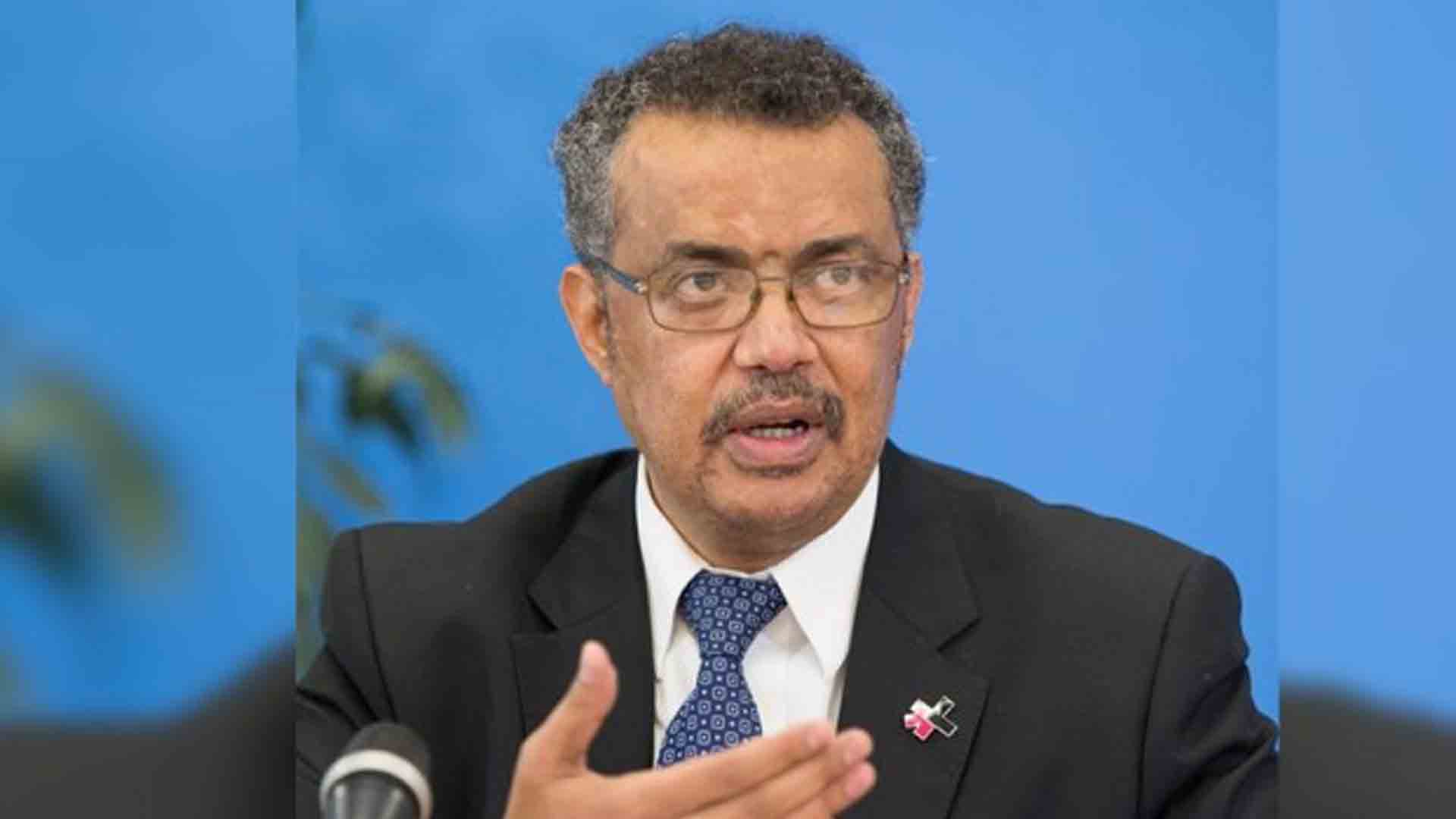Nine out of 10 countries surveyed in a recent report experienced disruptions in their health services during the novel coronavirus pandemic, the World Health Organization (WHO) said on Monday.
Publishing its first survey on the impact of the outbreak on health systems based on 105 countries’ reports, WHO found that low and middle-income nations reported the most significant difficulties.
Data had been collected in five regions from March to June for what the UN health body said was its first indicative global pulse survey on the impact of the virus.
“The survey shines a light on the cracks in our health systems, but it also serves to inform new strategies to improve healthcare provision during the pandemic and beyond,” said Tedros Adhanom Ghebreyesus, the organization’s chief.
“Covid-19 should be a lesson to all countries that health is not an ‘either-or’ equation. We must better prepare for emergencies but also keep investing in health systems that fully respond to people’s needs throughout the life course.”
Most countries reported that many routine and elective services had been suspended, while critical care — such as cancer screening and treatment and HIV therapy — had seen high-risk interruptions in low-income nations.
WHO said that countries on average experienced disruptions in 50 percent of a set of 25 tracer services.
The most frequently disrupted areas reported included routine immunization — outreach services and facility-based service, non-communicable disease diagnosis and treatment, family planning and contraception, treatment for mental health disorders, and cancer diagnosis and treatment.
Countries also reported disruptions in malaria diagnosis and treatment, tuberculosis case detection and treatment, and antiretroviral therapy.
The report also said some healthcare areas, such as dental care and rehabilitation, may have been deliberately suspended by governments.
The disruption of many other services was expected to have harmful effects on public health in the short and long term said the WHO.
“Potentially life-saving emergency services were disrupted in almost a quarter of responding countries,” said the report.
Disruptions to 24-hour emergency room services, for example, were affected in 22 percent of countries, urgent blood transfusions were disrupted in 23 percent of countries, emergency surgery was affected in 19% of the nations. (PNA)





















